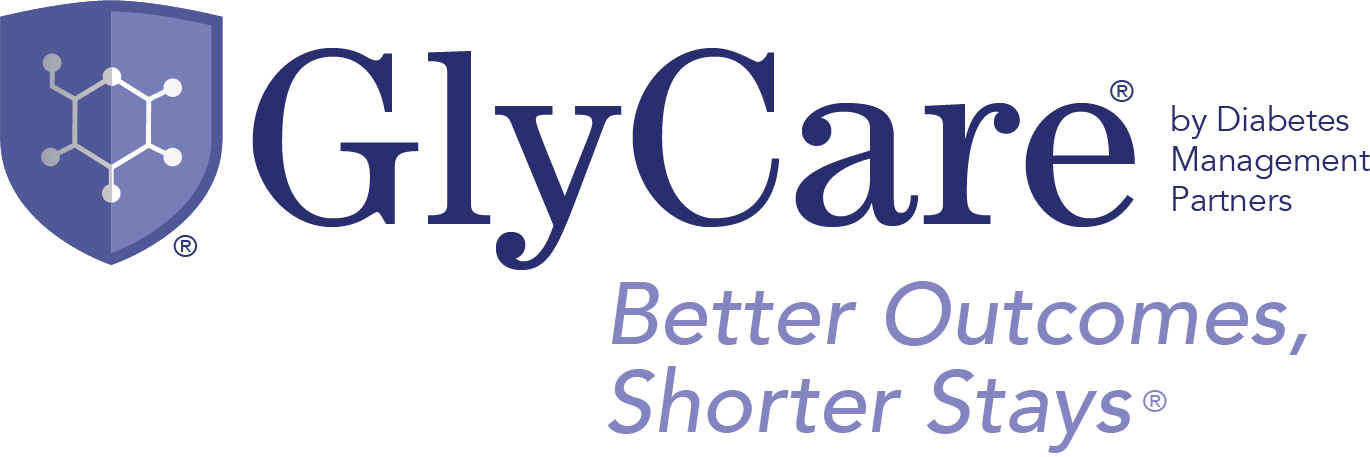How Hospitals Can Prepare for the 2nd Wave of COVID-19
Using Glycemic Management to Improve the Outcomes for Diabetic COVID-19 Patients
by Jennifer Peterson, DNP, APRN, LMT, FNP-BC
People who live in rural areas are more likely than urban residents to have higher rates of unhealthy behaviors and less access to healthy foods and health care. According to the CDC (2019), rural residents are also more likely to die prematurely from the main causes of death which include heart disease and stroke. Rural populations also have higher rates of diabetes which we all know leads to higher rates and greater severity of heart disease and stroke among other complications. Studies have shown rural persons with diabetes have higher morbidity and hospital mortality rates from diabetes-related complications (Ferdinand, 2018). There is a shortage of some medical specialties in rural areas, even in hospitals, and this includes diabetes care.
Why people with diabetes are at increased risk of covid-19 complications
People with uncontrolled diabetes have an underlying low-grade inflammatory state which may result in a delayed or inadequate immune response to COVID-19. The more health conditions someone has, the greater the risk of developing complications from COVID-19. In patients with diabetes, the body’s ability to fight off infection is compromised, increasing the risk of becoming severely ill. Viral infections increase inflammation in people with diabetes and so does elevated glucose levels. Because the body is concentrating on reducing the inflammation, the immune response to the new viral threat is suppressed, causing the viral illness to become more severe. Additionally, damage to the circulatory system slows the healing effects of the circulating blood. Patients with diabetes often have comorbidities of circulatory complications, coronary artery disease, and other cardiac involvements. Moreover, when sick with a viral infection, glycemic control may deteriorate during the illness, increasing the risk for patients with type 1 diabetes and some patients with type 2 diabetes to develop DKA. This becomes challenging to manage fluid intake and electrolyte levels that are important in managing sepsis. Sepsis and septic shock are some of the serious complications experienced by some people with COVID19. As the body is torn between fighting inflammation and fighting the virus, glucose levels may rise making it more difficult to reign them back in to control. The combination of uncontrolled diabetes coupled with a viral infection leads to more serious complications.
How glucose control can decrease risk
If diabetes is well managed, the risk of becoming severely ill is about the same as the general population. Well-managed diabetes includes having blood glucose levels within goal range. Goal ranges vary by patient depending on the type of diabetes and insulin sensitivity levels. In general, goal ranges for blood glucose levels are < 120 mg/dL.
How Glycare can help
GlyCare can help minimize complications due to glycemic abnormalities by keeping patients within the normal glycemic range and avoiding episodes of extreme glycemic variations. GlyCare’s virtual health program can help patients manage their diabetes on an outpatient basis while our inpatient glycemic management teams can help manage patients with diabetes while in the hospital. Whether inpatient or outpatient, GlyCare is here to help.
About the author
Dr. Jennifer Peterson, Nurse Practitioner, is the Director of Quality Assurance and Integration for GlyCare. She has years of experience managing diabetes for patients in the hospital and now trains other nurse practitioners to do the same. Dr. Peterson also ensures GlyCare provides high quality services for all patients through a quality review program she created.
References
American Diabetes Association (ADA). 2020. COVID-19 (Coronavirus).
Centers for Disease Control, National Center for Immunization and Respiratory Diseases (NCIRD), Division of Viral Diseases. (2020, March 26). People who are at higher risk for severe illness.
Eckel, Robert, President of Science and Medicine, American Diabetes Association. (2020, March 25) Why coronavirus is more dangerous for diabetics [Video]. CNBC.com.
Fox, M. (2020, May 2). Expert report predicts up to two more years of pandemic misery. CNN Health.
Greene, D. (2020, May 6). Former CDC official warns of 2nd COVID-19 wave: Most Americans are still susceptible. NPR [radio].
International Diabetes Federation (IDF). (2020, March 25). COVID-19 outbreak: guidance for people with diabetes.
International Diabetes Federation (IDF). (2020, March 19). Specialty guides for patient management during the coronavirus pandemic: Clinical guide for the management of people with diabetes during the coronavirus pandemic (v.2).
Lauerman, J. (2020, April 24). Why a second wave of COVID-19 is already a worry. Bloomberg.
Learn more about partnering with GlyCare for a turn-key diabetes management service. For more information on how to incorporate either in-person or virtual diabetes management, contact us today.

